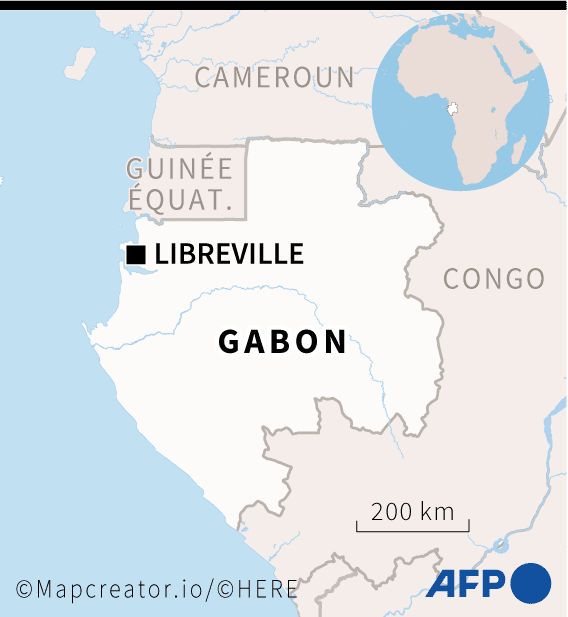Senior military officers have assumed power in Gabon, continuing a trend of coups—Niger’s being the most recent up until now—observed on the African continent. If successful, it would mark the eighth in West and Central Africa since 2020.

The group, which claims to speak on behalf of all Gabonese security and military authorities, made the announcement during a Wednesday, August 30th broadcast.
Breaking News
— NTA News (@NTANewsNow) August 30, 2023
Group of Gabonese Military Officers says they had taken over power in Gabon; sounds of gunfire in the capital, Libreville. pic.twitter.com/rFr1d89U5z
Rejecting last weekend’s election results, they also dissolved all state institutions and closed the country’s borders.
Current President Ali Bongo, the country’s leader for fourteen years, emerged victorious in his third re-election. The military group said the election results were not credible, which they said required “putting an end to the current regime.”
While the putsch seemingly enjoys some popular support, shortly after the televised speech, news agencies Reuters and AFP reported on gunfire being heard in the Gabonese capital of Libreville.
Local residents joyfully greet the military in Gabon, who last night staged a military coup in the country. pic.twitter.com/kCEhFywTXI
— Sprinter (@Sprinter99800) August 30, 2023
In just one voting round, Bongo had reportedly received nearly 65% of the vote, thereby outclassing main rival Albert Ondo Ossa, who received just over 30%.
According to the putschists, Bongo is currently being held in an undisclosed residence where he has access to medicine and family. In the meantime, one of his sons has been arrested for “high treason.”
Bongo took over as Gabon’s political leader in 2009 from his father Omar Bongo, who had ruled the country since 1967.
After the ballot results, Ossa and his opposition alliance, forged to dethrone Bongo, spoke of fraud, citing the fact that numerous polling stations opened several hours late.
In the past, the opposition has also disputed the validity of both of Bongo’s previous electoral victories.
As polling neared its conclusion late on Saturday, there were stirrings in Gabon. The incumbent government, anticipating the spread of “false news” and unrest, shut down the Internet nationwide as it imposed a curfew. French media outlets such as France 24, RFI, and TV5 Monde were also banned due to their alleged lack of objectivity.
On Wednesday morning, CET time, the internet—inaccessible for three days—was restored, AFP reports.
The coup represents yet another threat to France’s interests in the region. About 350 troops are stationed in the oil-rich former French colony. French forces were kicked out of Mali and Burkina Faso after coups there, following an eruption of anti-French sentiment, and last June’s coup in Niger meant a scrapping of its military agreements with France.
In a statement, French Prime Minister Élisabeth Borne said France was following the situation closely.
Josep Borrell, the EU’s chief diplomat, called the attempted coup “a big issue for Europe”. “If this is confirmed, it is another military coup which increases instability in the whole region,” he said ahead of a meeting of EU defense ministers on Wednesday.






